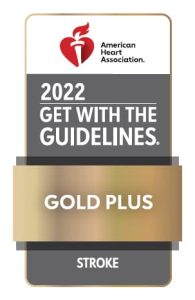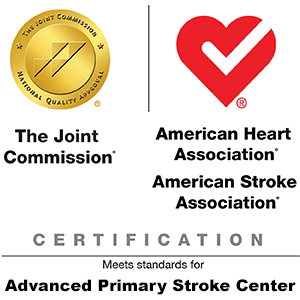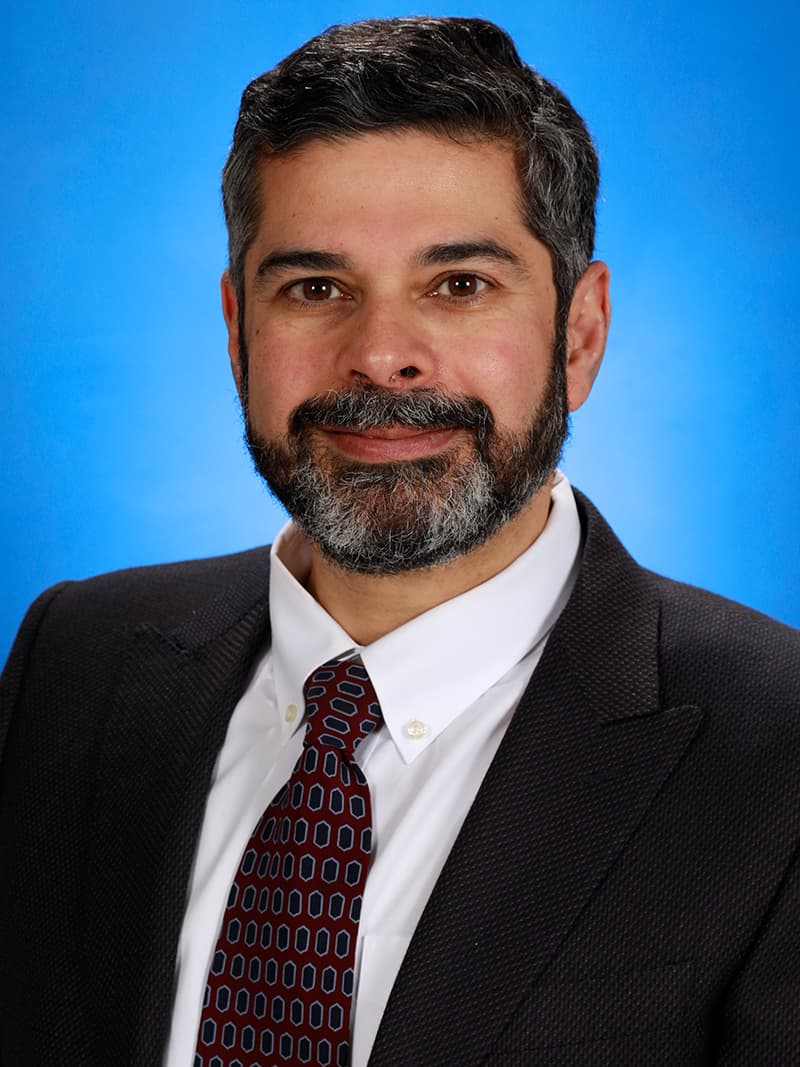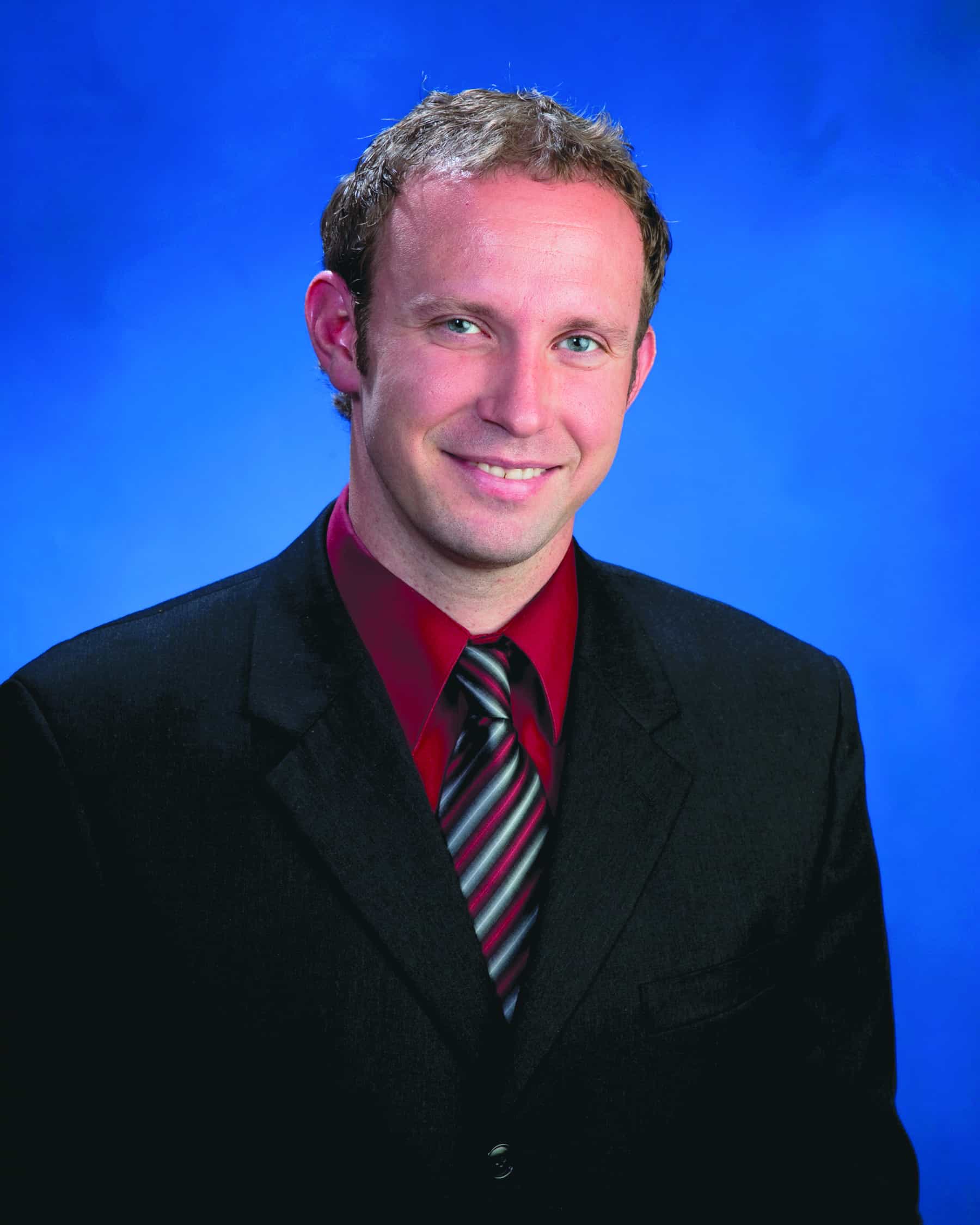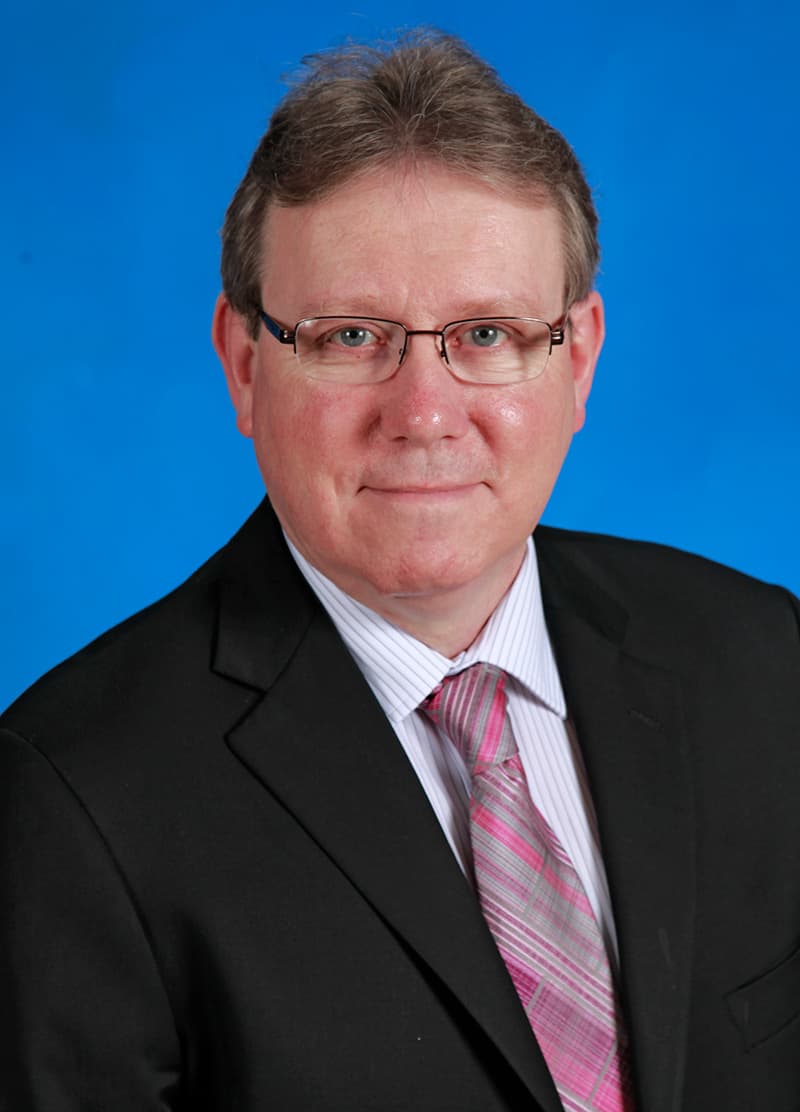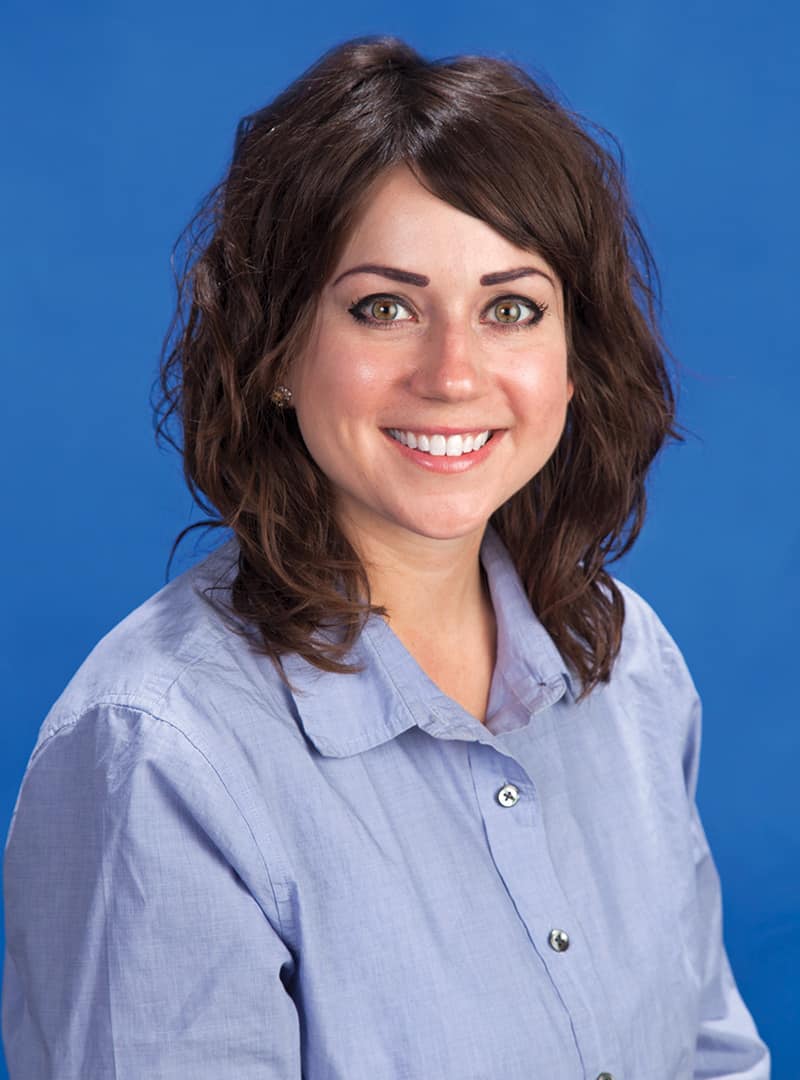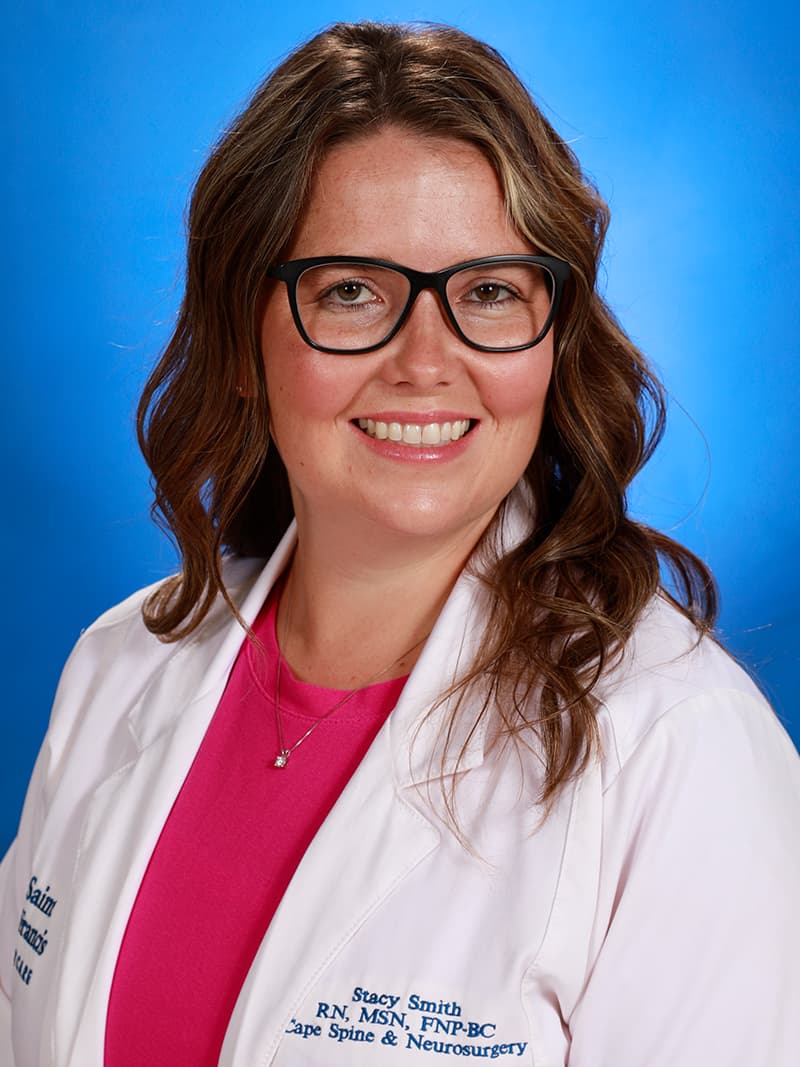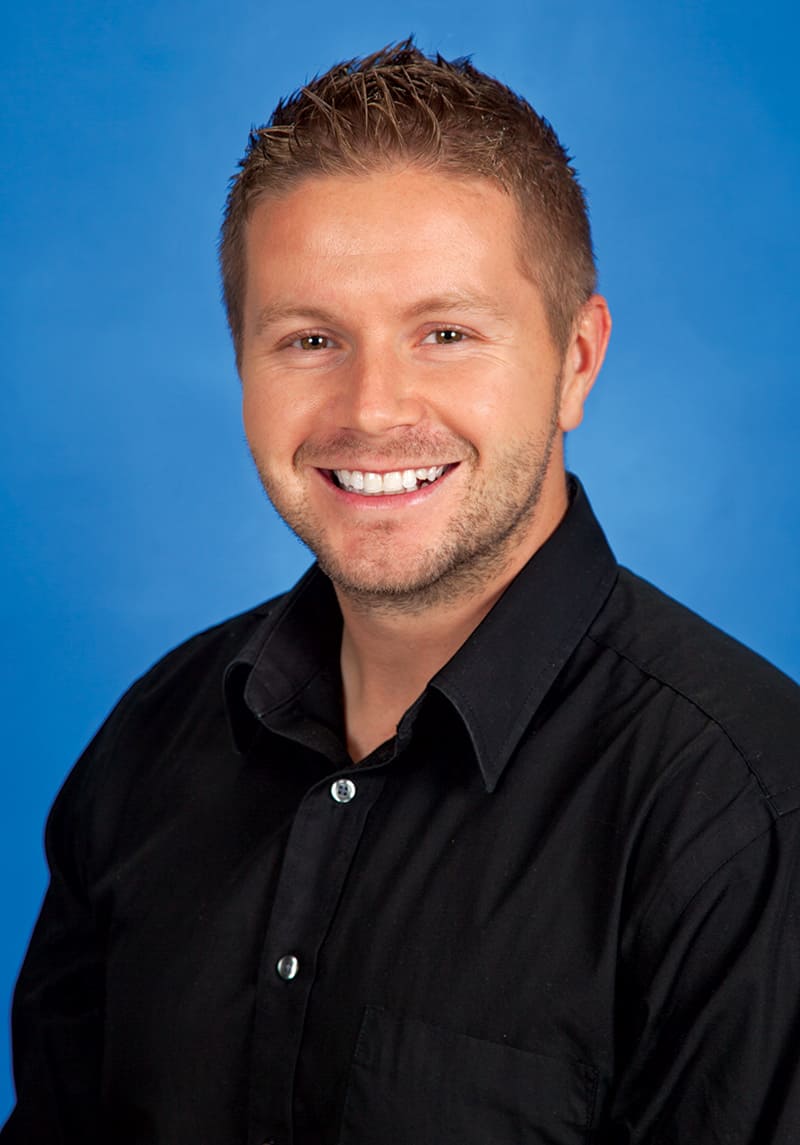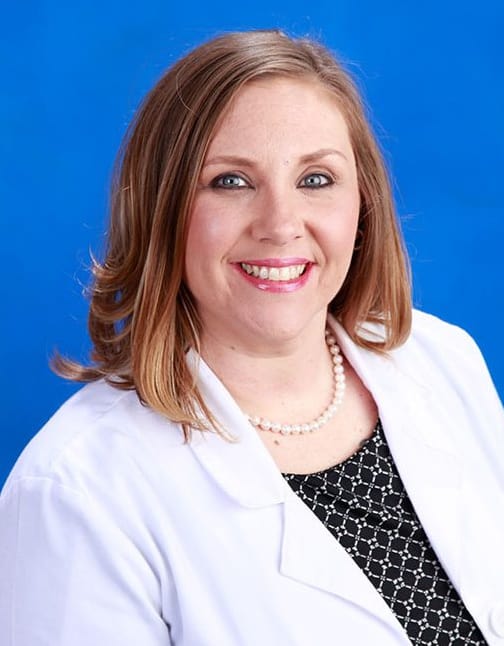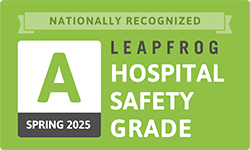The Stroke Center at Saint Francis Medical Center is prepared to handle any stroke-related emergency 24 hours a day, seven days a week. Our stroke team:
- Is notified by EMS crews if a potential stroke patient is en route
- Evaluates patients within 10 minutes of arrival
- Performs critical imaging scans within 25 minutes of the order, with results analyzed within 20 minutes
- Identifies treatment options and begins treatment within 1 hour of arrival
Time Lost is Brain Lost
Stroke patients who are treated within 4.5 hours of the start of stroke symptoms are at least 30 percent more likely to recover with little or no disability. The sooner the team at the Stroke Center can treat a potential stroke patient, the better the chances for recovery. That is why it is important to receive treatment from a nationally recognized stroke center.
Warning Signs of Stroke
Call 9–1–1 immediately if you experience these symptoms:
- Sudden numbness or weakness of the face, arm, or leg, especially on one side of the body
- Sudden confusion or understanding
- Sudden trouble seeing in one or both eyes
- Sudden trouble speaking
- Sudden trouble walking, dizziness, or loss of balance/coordination
- Sudden headache with no known cause
Diagnosis
We use several technologies to diagnose stroke, including:
- Ambulatory/Video Electroencephalography. Ambulatory/video electroencephalography helps in the diagnosis of a variety of neurological problems, from common headaches and dizziness to seizure disorders, strokes and degenerative brain disease.
- Angiography. This X-ray procedure photographs the blood vessels using a catheter tube. The catheter is inserted into an artery or vein in the groin and is guided to the area under observation. Once the catheter has reached the appropriate area, X-ray dye is injected through the catheter, outlining the blood vessels. The outline makes it possible for a radiologist to see blockages or irregularities in the blood vessels.
- Computerized Tomography (CT). Computerized tomography (CT) scans take detailed cross-sectional images of the body that are used to identify specific neurological conditions.
- Magnetic Resonance Imaging (MRI). During magnetic resonance imaging (MRI), the body is exposed to electromagnetic radiation that can detect, process and convert images of the body’s soft tissue, such as the brain or spinal cord, into computer images.
Clinical Drug Trials
The Neurosciences Institute offers patients the opportunity to help doctors find answers to neurological illness by participating in clinical drug and surgery research trials.
Rehabilitation Services
Neuropsychology Services
As the only provider in the region with both a neuropsychologist and a behavioral psychologist on staff, Saint Francis Medical Center provides expert care for patients suffering from emotional/cognitive problems due to bodily injury. Inpatient rehabilitation staff helps patients develop coping skills, establish appropriate expectations and modify their lifestyle in accordance with any physical limitations to maintain a positive outlook on life.
Nutritional Services
After an initial assessment, patients are provided with an individualized nutrition plan to follow during their stay and are checked on a weekly basis by Saint Francis Medical Center’s dietitians and aides. At discharge, patients may receive additional feedback on future nutritional concerns.
Occupational Therapy
Occupational therapists and assistants at Saint Francis Medical Center are focused on increasing independence and improving quality of life. This involves developing individualized treatment programs for patients to help them reach goals in regard to the social, emotional and physiological effects of illnesses and injuries, including spinal cord injury, traumatic brain injury, Alzheimer’s disease, stroke, arthritis, multiple sclerosis, amyotrophic lateral sclerosis and dementia. Caregivers also assist patients in restoring daily living activities, such as self-care, work and leisure.
Physical Therapy
Through the use of exercises and applications that promote and restore normal function and development, physical therapists and assistants at Saint Francis Medical Center help patients overcome injuries and other physically debilitating conditions.
Recreational Therapy
Saint Francis Medical Center’s recreational therapy caregivers work with patients to improve skills and provide information needed to ensure successful adjustment into their home or community environment.
Social Work
Social workers at Saint Francis Medical Center meet with the family members of patients to counsel them in regard to lifestyle changes and connect them to community resources to meet patients’ needs.
Speech Therapy
Saint Francis Medical Center provides speech evaluations and assessments of language and swallowing, as well as all areas of speech pathology. After an initial assessment is completed, a plan of care is established with input from the patient’s family.


